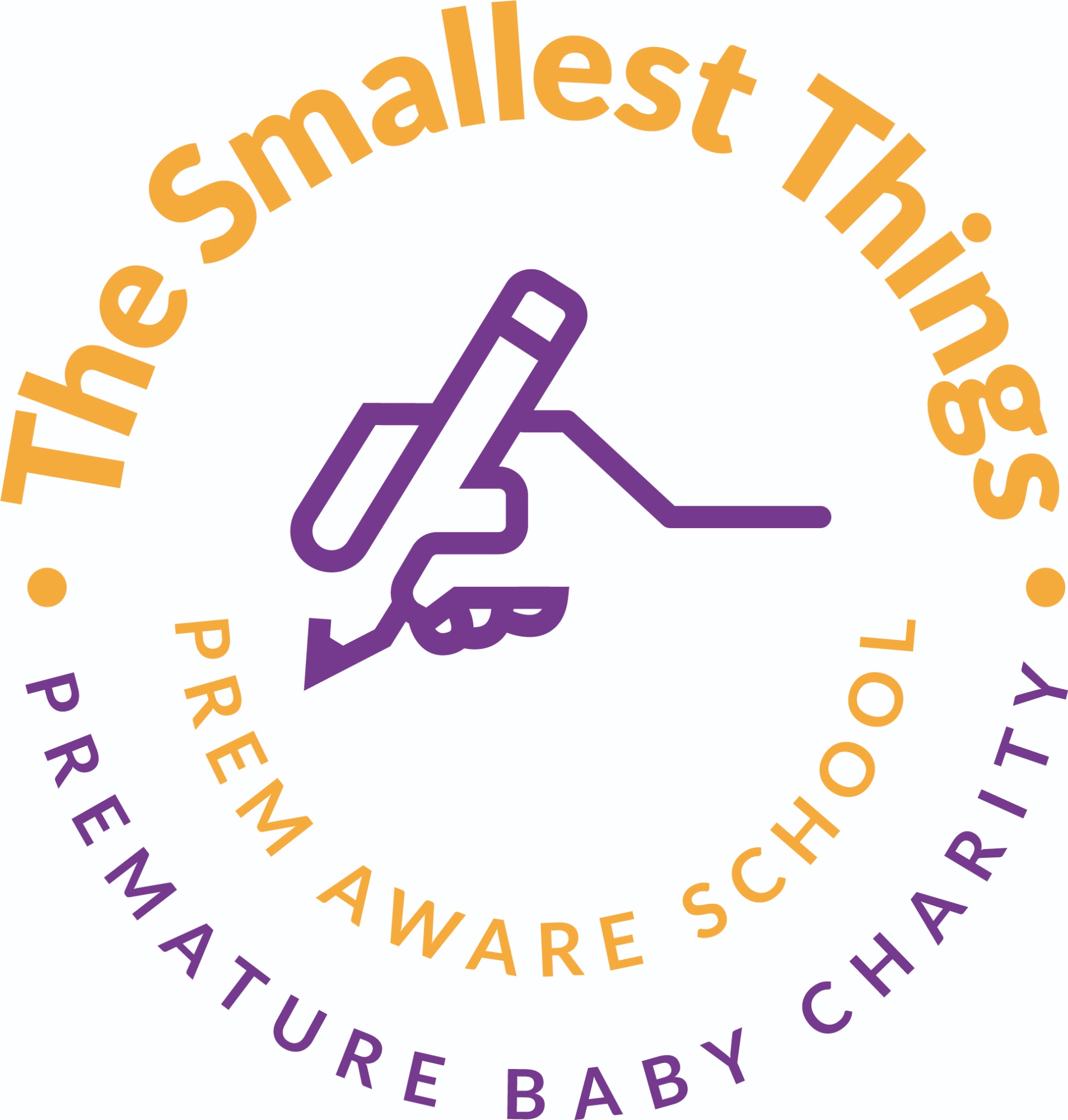Ofsted
Ofsted is the Office for Standards in Education, Children's Services and Skills and is a non-ministerial department of His Majesty's government, reporting to Parliament. Ofsted is responsible for inspecting a range of educational institutions, including state schools and some independent schools, in England. They inspect services providing education and skills for learners of all ages.
Latest Ofsted report: A 'Good' School
Ofsted last carried out an inspection of our school on 23/24 January 2024 and assessed the school as being 'Good' across all key areas.
A copy of our latest Ofsted report can be found below. If you would like to receive a printed copy of the report please contact the school office.
Independent Teaching and Learning Review
In addition to the inspections carried out by Ofsted, the school undergoes an independent Teaching and Learning Review each year. The latest review was carried out in October 2023 - the key highlights of the review are detailed below:
The Wider Curriculum
The curriculum is now Good; it has been carefully planned and sequenced. The wider curriculum has been rewritten, starting with Geography, History and Science as the main drivers. This helped the school choose the topics that they would teach in each year group. The teachers have good subject knowledge and teach well, adapting lessons to the needs of their classes. There are knowledge organisers that specify the precise knowledge that pupils will learn during the topic. Assessment is based on the knowledge organiser.
Behaviour in all lessons was consistently of a high standard with little disruption.
Reading & Phonics
The phonics programme now goes through the whole of the school, including Year 2. The children concentrate and participate eagerly, showing that they are keen to learn. There is fidelity to the ELS phonics scheme and accurate use of pure sounds. Children start learning phonics as soon as they join Reception. There is a clear expectation of where children need to be at each stage and phase of their learning. The subject leader is very clear about this and can identify exactly where children in each year group need to be by the end of each term. The subject leader monitors the progress through the curriculum, to make sure that classes are keeping up to speed.
Regular assessments allow the teacher to catch up and review any sounds that pupils have not mastered or recalled. Where children do start to slip behind, they receive extra support.
All children have two phonetically-decodable books to take home and practise each week. Outcomes in reading and writing were above the national average last academic year (2022-23) – a considerable improvement compared to 2022 and one in which the school can take pride. Pupils also achieved above the national average in phonics at the end of Year 1.
Writing
The school has adopted the Jane Considine writing approach from September 2023 for Years 1 and 2. The school has chosen this new scheme because it is ambitious, builds vocabulary and provides a good model for writing. There is a strong structure to the programme, that makes the programme straightforward to implement. With this new writing scheme, teachers are thinking carefully about what genres they will teach. These are aligned to topics across other subjects such as History and Geography, and there is an intent that they should use the scheme to help reinforce learning from topics. As a new scheme, this is in its early stages of implementation.
Early Years Foundation Stage (Reception)
The teacher has established good routines in a short space of time so children are settled, listening and ready to learn. Lessons are engaging because they are very practical and build on pupils’ experience. Staff reinforce vocabulary and provide opportunities for children to practise language in paired work and through lots of open questions. There are only 15 children in EYFS, so there is room for these children to receive a lot of adult support. The outside environment has been well thought through to develop different aspects of EYFS curriculum.
Maths
“Flashback 4” is embedded and used in Years 1 and 2 to practise recall and fluency of number at the start of each Maths lesson. Good teacher subject knowledge and effective questioning supports learning in the moment and to encourage accurate use of vocabulary. The school follows the White Rose published scheme; there is consistency in approach and the teaching is age-appropriate.
Art/Design
Pupils get a good deal in the art and design curriculum. The purchased scheme sets out clearly the progression of knowledge and skills that pupils will acquire as they move through the school, starting in Reception. Teachers use the resources that it provides effectively so pupils grow in knowledge and skills. There is ample evidence of this in books and in displays. There is scope for supporting and extending pupils of all abilities. Pupils enjoy art and this is clearly seen in the lesson observed and in pupil sketchbooks in each class.
PE
The school has recently invested in ‘Get Set 4 PE’ as their new scheme of work. Learning is based on the National Curriculum and EYFS expectations; it is clearly split up into different units which build on prior learning, getting progressively more complex from EYFS to Y1 to Y2, which prepares the children well for Year 3. The planning behind these units clearly identifies what learning has gone before and what is to be taught now. There are also challenge activities to test the more capable pupils. Assessment criteria identifies what children should know and remember as well as what skills they should be able to master. In addition, key knowledge has been identified to support learning.



